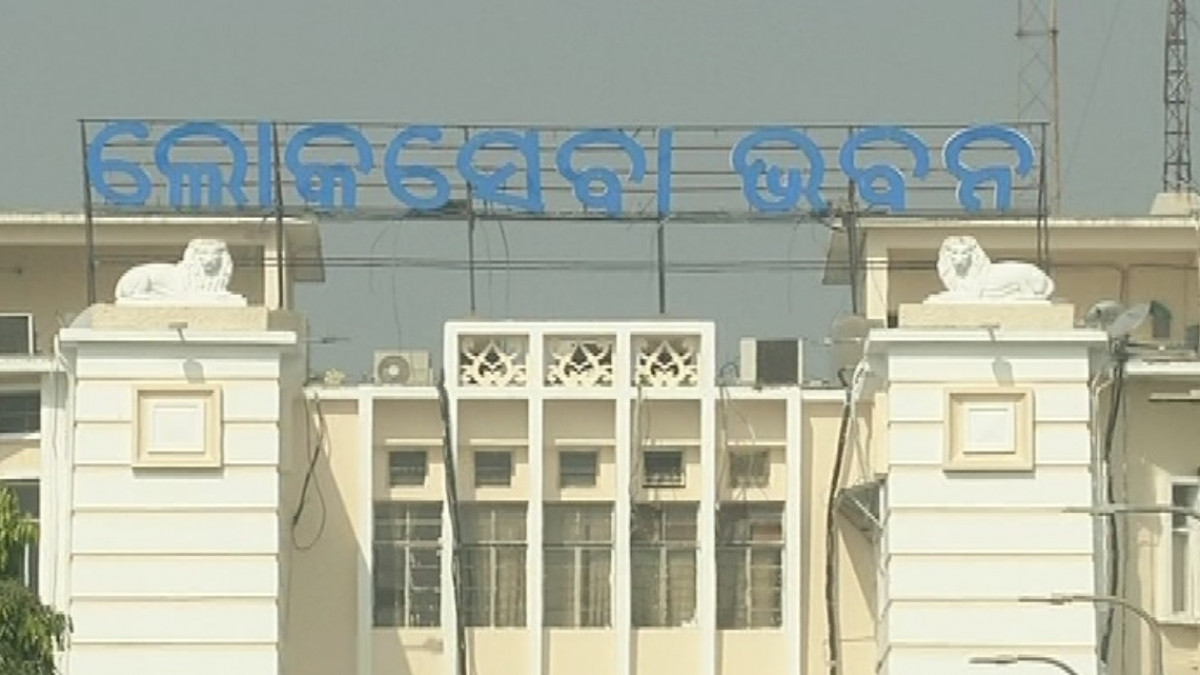By Imteshal Karim
The Odisha government has initiated a major revamp of its Mega Piped Water Supply PWS Projects aiming to overcome delays and inter-agency hurdles through a coordinated technology-enabled approach.
A high-level meeting held at Lok Seva Bhawan on Friday chaired by Development Commissioner-cum-Additional Chief Secretary Anu Garg brought together senior officials from key state departments and the National Highways Authority of India NHAI to review progress and chart a course for faster execution.
Urgent Timelines and Unified Monitoring Mechanism
During the discussion officials were tasked with addressing pending bottlenecks within one month according to a press release released by the government.
To ensure seamless communication and expedite approvals the meeting approved the formation of a dedicated WhatsApp group comprising nodal officers from each participating agency. Weekly or fortnightly joint review meetings will further ensure that problems are identified and resolved in real-time.
Digital Platform for Real-Time Tracking
A digital transformation of the PWS monitoring system is also underway. The government is developing a comprehensive platform to track the status of large-scale water supply projects using Supervisory Control and Data Acquisition SCADA systems.
For smaller schemes Internet of Things IoT technology will be introduced in a phased manner enabling round-the-clock performance tracking and data-driven decision-making.
Strengthening Execution at the District Level
To improve field-level implementation Project Management Units PMUs will be established in each of Odisharsquos districts. These units will coordinate with local officials contractors and beneficiary communities to ensure that work proceeds smoothly on the ground.
Further Self-Help Group SHG members will be trained to test water quality using Field Testing Kits FTKs and submit results directly through the Jal Jeevan Mission app. This decentralised approach not only boosts local accountability but also ensures that water safety is monitored continuously at the last mile.
Safeguarding Water Infrastructure
To prevent repeated pipeline damage from uncoordinated civil works the committee approved a proposal to introduce a mandatory notification system.
All departments undertaking excavation will be required to inform relevant agencies through digital platforms such as CBUD Coordination Between Urban Departments. GIS-based pipeline mapping will also be introduced to safeguard public assets and streamline accountability.
